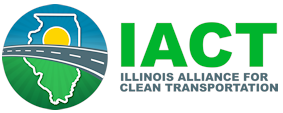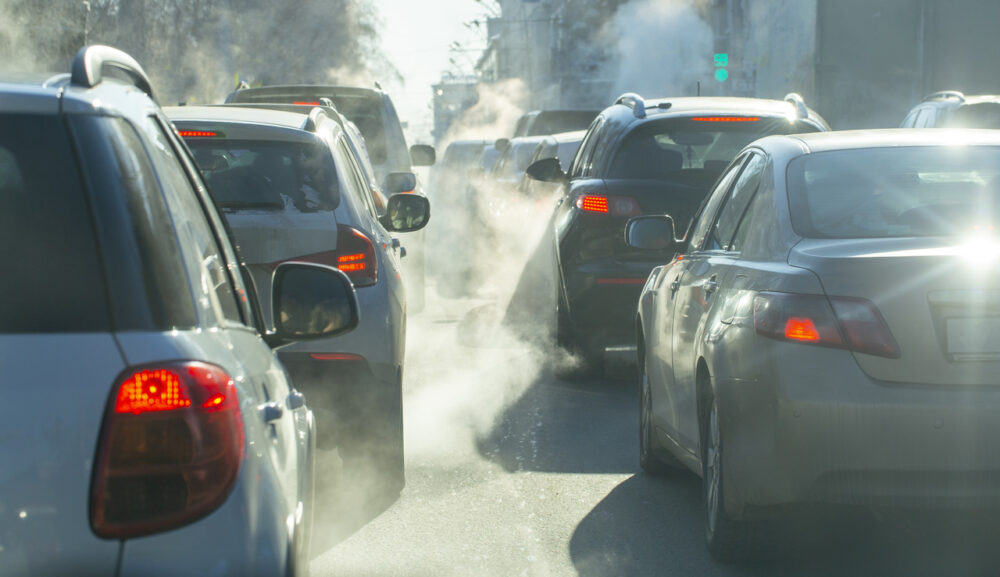CHICAGO, April 20, 2021 – The American Lung Association’s “State of the Air 2021” report shows that Chicago metro area ozone pollution is still a concern. “Chicago area residents should be aware that we’re still breathing unhealthy air, mostly driven by vehicle emissions and extreme heat as a result of climate change, placing our health and lives at risk,” said Angela Tin, national senior director for clean air initiatives for the Lung Association. “In addition to challenges here in Chicago, the recent ‘State of the Air’ report highlights that nearly half of Americans live in counties that had unhealthy ozone or particle pollution in 2017-2019.”
Ozone Pollution in Chicago – Cook County
- Grade: F
- Rank: 16th most polluted in the nation
- 5 unhealthy ozone days
Compared to the 2020 report, Chicago actually experienced fewer unhealthy days of high ozone (down from 18.8 days) . All averages are based on the stronger ozone standard adopted in 2015.
“Ozone pollution can harm even healthy people, but is particularly dangerous for children, older adults and people with lung diseases like COPD or asthma,” Tin said. “Breathing ozone-polluted air can trigger asthma attacks in both adults and children with asthma, which can land them in the doctor’s office or the emergency room. Ozone can even shorten people’s lives.”
Particle Pollution in Chicago – Cook County
Short-term (24-hr) particle pollution
- Grade: B
- Rank: 50th most polluted nationally (previously 44th)
- 7 unhealthy air quality days
Year-round (annual) particle pollution
- Grade: Pass
- Rank: 15th most polluted nationally (previously 20th)
Short term particle pollution dropped to their lowest level, while annual levels crept up slightly compared to last year’s report, although both levels were in compliance with the national standard.
“Although this report does not cover monitoring data from 2020, amid the COVID-19 pandemic, the impact of air pollution on lung health is of heightened concern. In order to improve lung health to resist this and future pandemics, we can choose alternative renewable fuels and use vehicles with improved engine technologies to reduce pollution from transportation sources,” Tin said.
The year’s report found that nationwide, more than 4 in 10 people (135 million) lived with polluted air, placing their health and lives at risk. In Cook County, ozone pollution places the health of over 5.1 million residents at risk, including those who are more vulnerable to the effects of air pollution, such as older adults, children and people with a lung disease. The report also shows that people of color were 61% more likely to live in a county with unhealthy air than white people, and three times more likely to live in a county that failed all three air quality grades.
The American Lung Association’s annual air quality report card tracks and grades Americans’ exposure to unhealthful levels of particle pollution (also known as soot) and ozone (smog) over a three-year period – this year’s report covers 2017-2019. The report analyzes particle pollution in two ways: average annual levels and short-term spikes. Both ozone and particle pollution can cause premature death and other serious health effects such as asthma attacks and cardiovascular damage and are also linked to developmental and reproductive harm. Particle pollution can also cause lung cancer.
Learn more about “State of the Air” at Lung.org/sota and sign the petition for the Biden Administration to promote clean air, a safe climate and environmental justice.
About the American Lung Association
The American Lung Association is the leading organization working to save lives by improving lung health and preventing lung disease, through research, education and advocacy. The work of the American Lung Association is focused on four strategic imperatives: to defeat lung cancer; to improve the air we breathe; to reduce the burden of lung disease on individuals and their families; and to eliminate tobacco use and tobacco-related diseases. For more information about the American Lung Association, a holder of the coveted 4-star rating from Charity Navigator and a Gold-Level GuideStar Member, or to support the work it does, call 1-800-LUNGUSA (1-800-586-4872) or visit: Lung.org.



